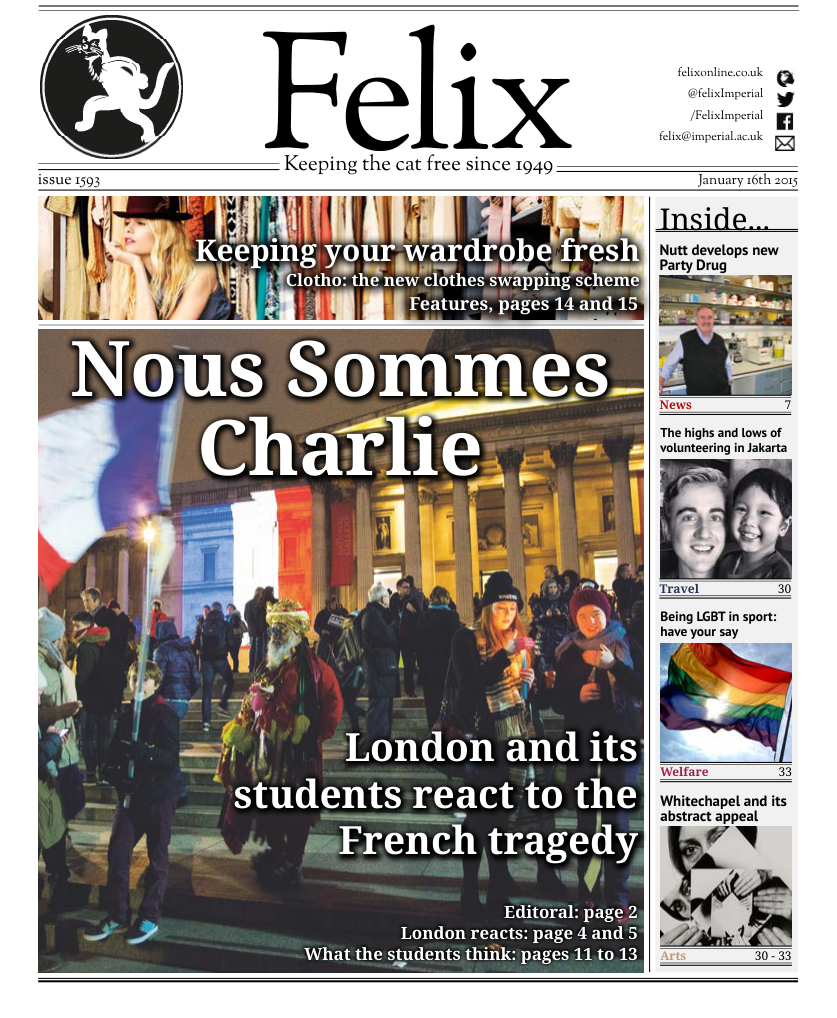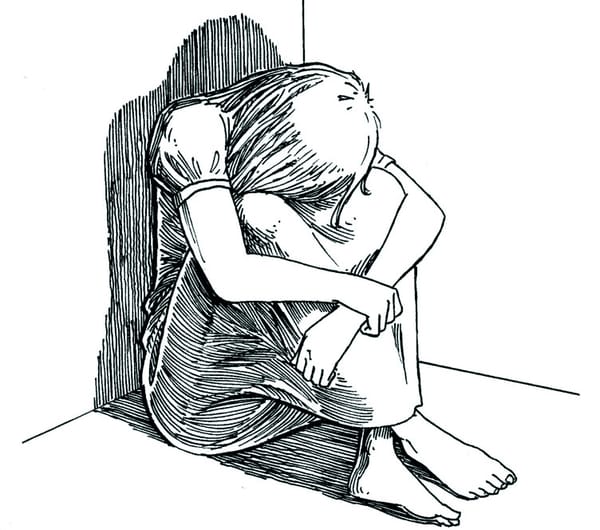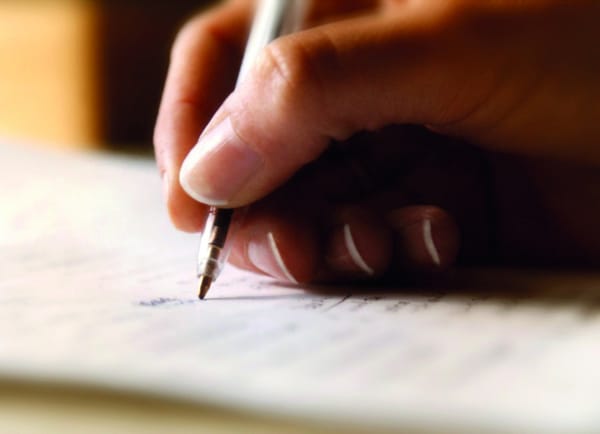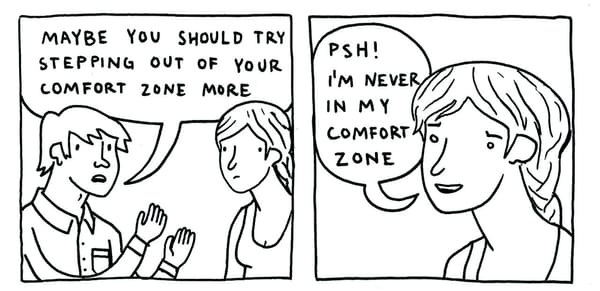Let's score a goal for equality
Imperial's LGBT Officer, Kyle Hellemans wants to know about your experience in sport

In 1990, Justin Fashanu was the first English professional footballer to come out as gay. Throughout this, he faced abuse from his teammates, fellow players and even his manager. He committed suicide just eight years later.
Equality in sport has come a long way since Justin Fashanu’s death. From 23 openly lesbian, gay and bisexual Olympians competing at the Olympics in London, to role models such as Jason Collins in basketball, Robbie Rogers in football, and Tom Daley in diving. Add in Casey Stoney who has captained both Arsenal and England’s women’s football team, and you can see that there definitely has been a change.
However, there is still a long way to go to challenge perceptions and problems facing lesbian, gay, bisexual and transgender sports people. Thankfully, there are groups and campaigns such as “Football vs Homophobia” and “Pride Sports” which are working to challenge these issues.
Yet it is still not uncommon to hear homophobic slurs on the side-lines of some large sports matches or sporting professionals using homophobic remarks behind the scenes.
Often transgender people who want to be involved in sports face huge barriers too, and it is often unclear on how they can be involved with each National Governing Body of each sport having a different stance or policy.
What about University sport and students?
A recent survey carried out by the National Union of Students called ‘Out in Sport’ found that nearly 50% of LGBT students who do not participate in sport find the culture around sport alienating or unwelcoming.
Furthermore, almost 20% of LGBT students who participate in team sport are not open about their sexuality to anyone, and of those a further 20% are worried it might result in verbal or physical abuse on account of homophobia, transphobia or biphobia.
Sport is such an integral part of many students’ life at university. Whether one competes in the elite of their field, joins a club or a team to develop their skills or make friends, or just gets together with students from their class, research group or halls to play a game in Hyde Park, the fact is that sport does an excellent job at bringing people together.
Every student at Imperial, who wants to, should feel able to participate in all the sport offered through our huge number and wide variety of teams and clubs at Imperial.
As part of this, we’ve decided to research the experiences of students who take part in sport at Imperial. We want to find barriers to engagement or if there are positive experiences of LGBT students feeling accepted and welcomed as part of a team. (We want to celebrate those!)
Feeling accepted regardless of sexuality means that students will feel more comfortable and able to focus on their sport, and will be able to play better.
Once we have the results of the survey, we will look to identify changes we can make to ensure that teams feel supported in tackling homophobia in their sport, or creating an easier method of reporting incidents of homophobia, or running a campaign where we ask sports teams to come out for equality.
You can take part in the survey via the recent ‘Inclusive Sport at Imperial: Survey’ post on the Union website.
All responses are confidential and most questions are optional should you uncomfortable with disclosing certain types of information.
Furthermore, we will be holding in-depth interview sessions to further our research, so please do your note down your email if you are interested. Alternatively, you can contact me at icu-lgbt@imperial.ac.uk, along with any questions you might have regarding this survey.
Want to share your views? Take the survey here!









